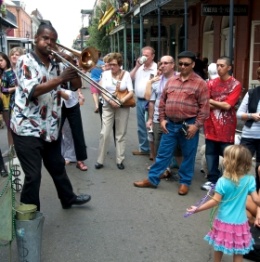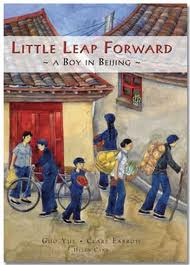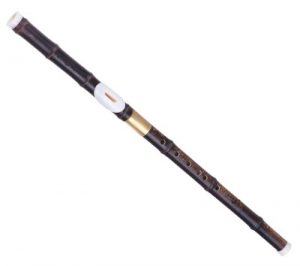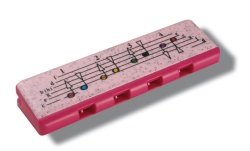When The Saints Go Marching In
It’s time to learn some traditional jazz on the harmonica! Here’s a song that everybody will recognise. It’s called When The Saints Go Marching In. But that’s a long name, so we’ll shorten it to The Saints.
The Saints was originally an American gospel hymn that was played and sung quite slowly. But when the Jazz Bands of New Orleans got hold of it, they made it swing and they played it hot!
At funerals in New Orleans, a marching jazz band sometimes accompanies a coffin through the city, playing in a slow and sombre mood on the way to the cemetry. Coming home however, the band jumps into Dixieland tempo, which is happy and bouncy. Let’s look at the tab and learn how to play things Dixieland Jazz style. (more…)









